(ECNS) -- China’s Harbin Institute of Technology (HIT) announced a significant breakthrough on Sunday that Professor Yuan Shijian’s team developed an ultra-low-temperature forming technology for an integrated tank base, which contributed to the successful maiden flight of the Long March-12 carrier rocket.
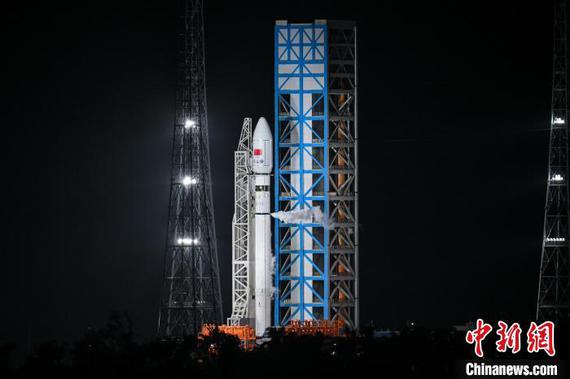
The rocket’s 4-meter-diameter fuel tank base surpassed the capacity of China’s largest fluid forming machines, posing a significant challenge in its development.
Yuan’s team at the School of Materials Science and Engineering addressed this by inventing an ultra-low-temperature forming technology based on their discovery of aluminum alloy's unique properties. This innovation significantly reduces forming payloads compared to traditional methods.
Yuan’s team, working with the Shanghai Aircraft Equipment Manufacturing Factory, overcame challenges in temperature control and wall thickness within just five months. They produced China’s maximum-diameter, thin-walled tank base using relatively low forming payloads, eliminating a critical bottleneck in the Long March-12 rocket's development and ensuring its timely and successful launch.
China sent the rocket into space on Saturday night from the Hainan commercial spacecraft launch site.
It is currently the country's largest single-core carrier rocket in terms of payload capacity, with a carrying capacity of more than 10 metric tons in low Earth orbit.








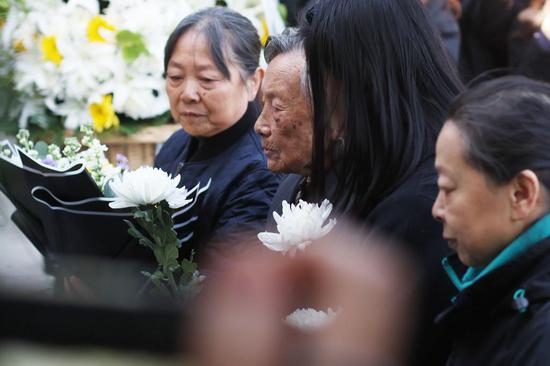


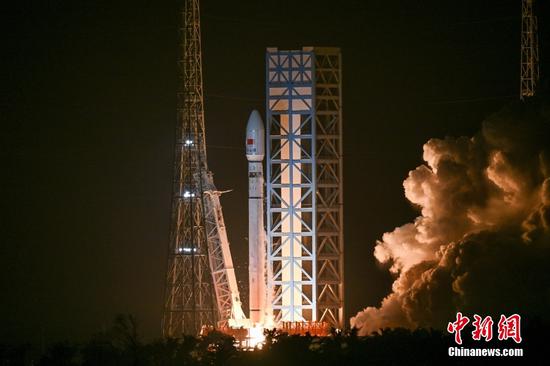

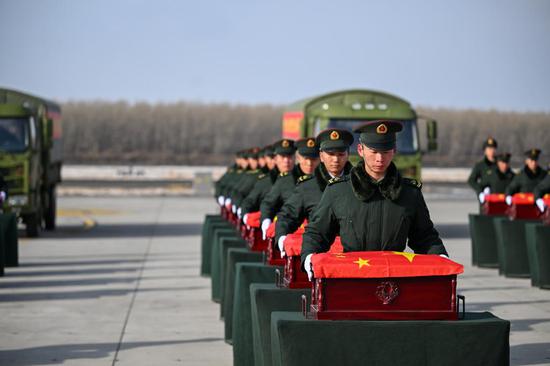




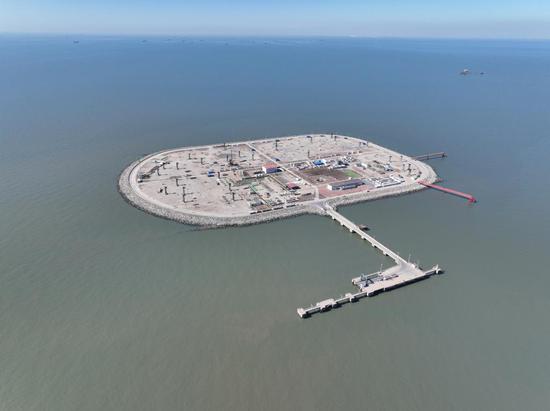


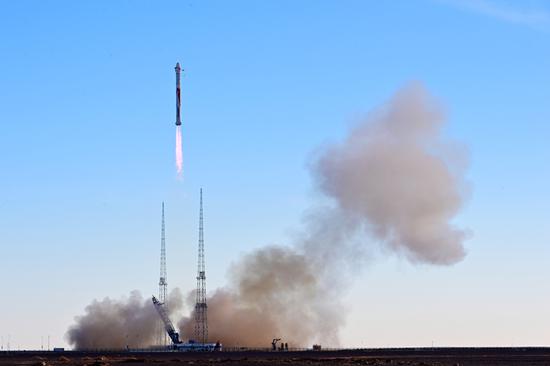
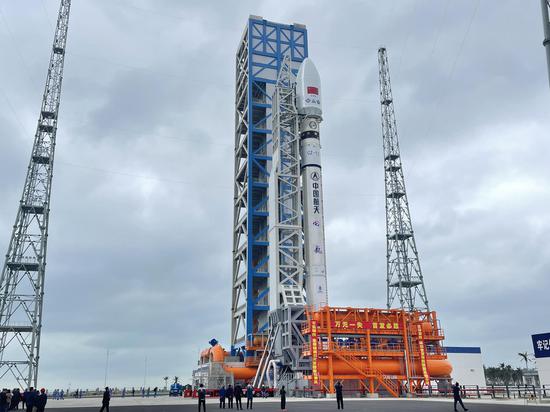
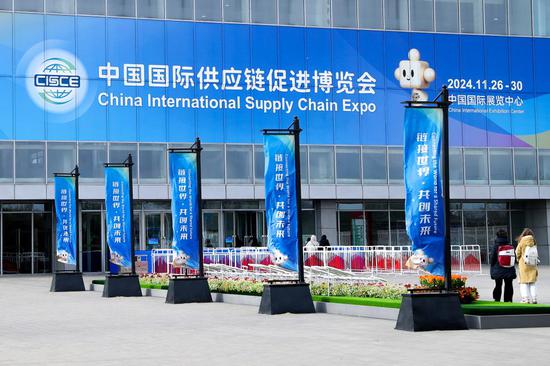





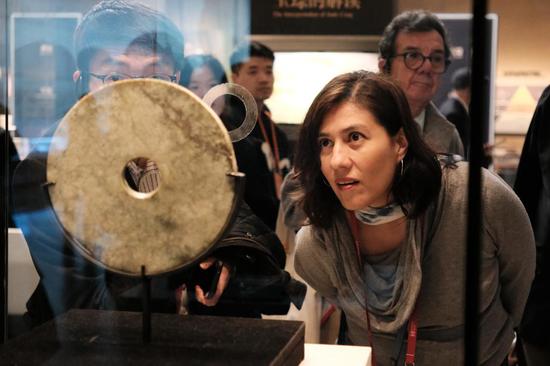
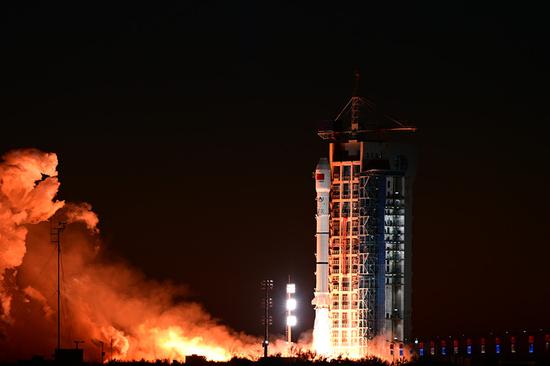


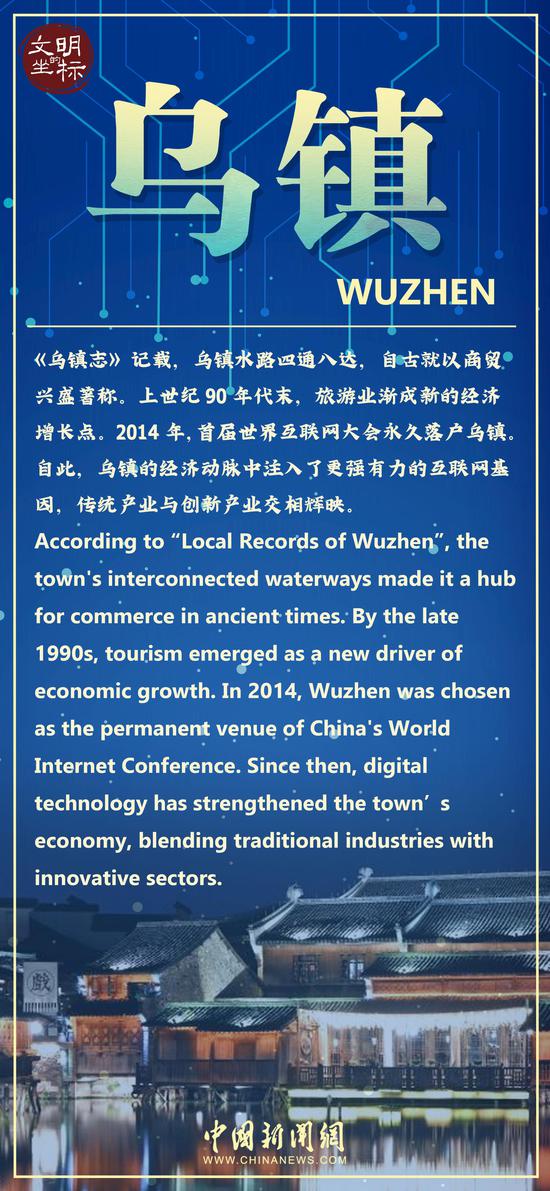

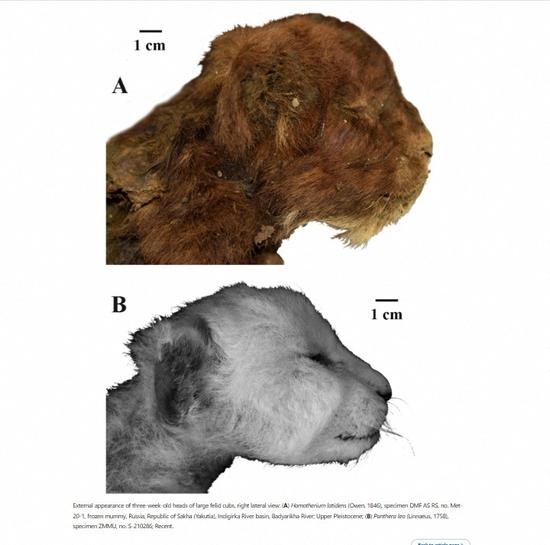
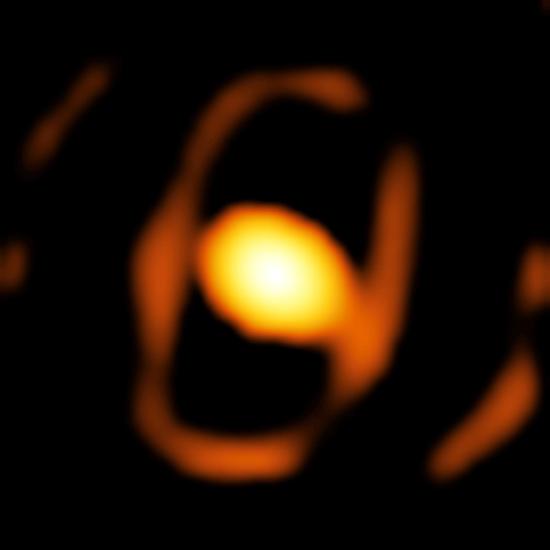
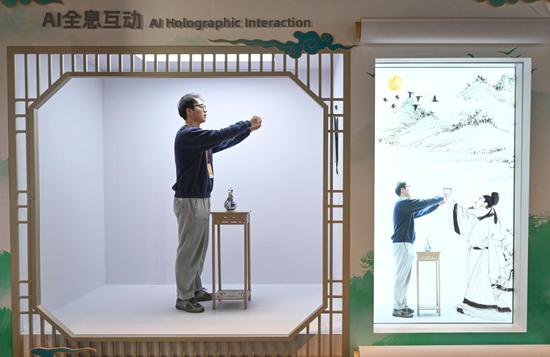






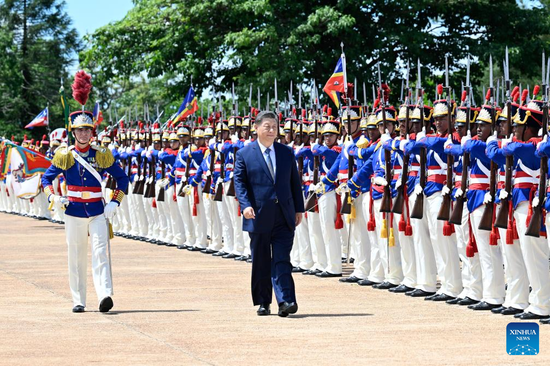



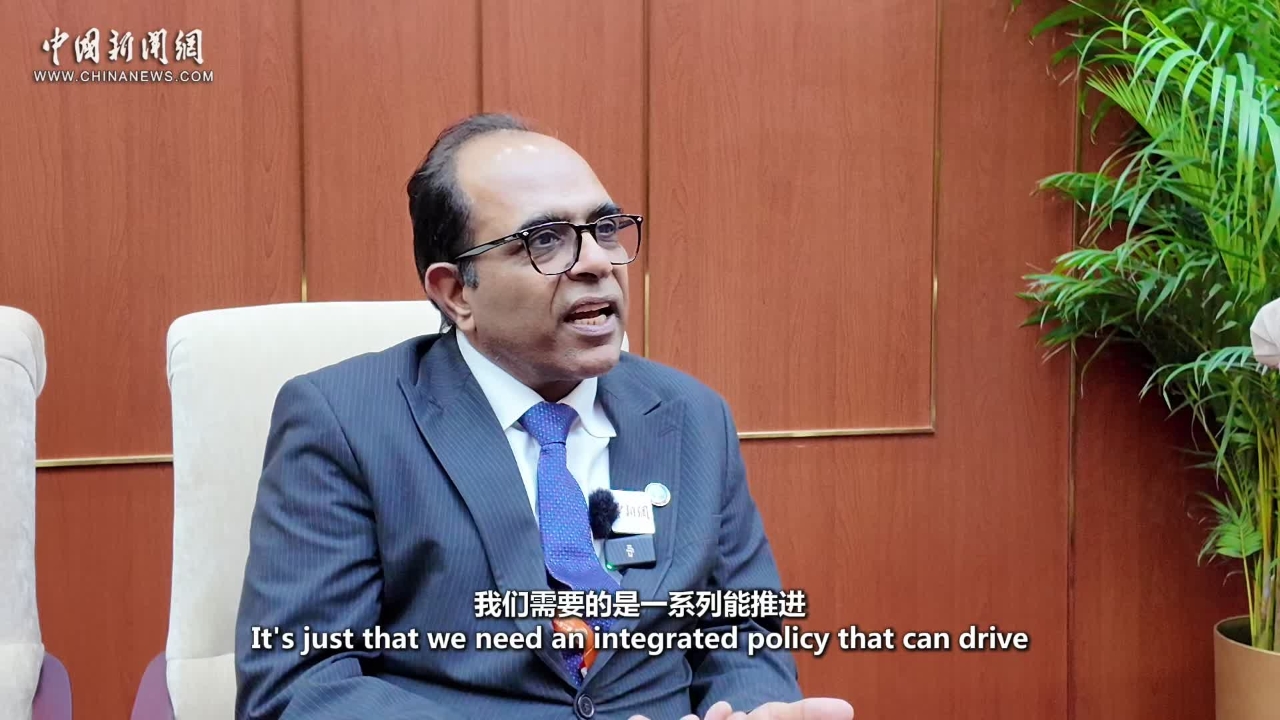

 京公网安备 11010202009201号
京公网安备 11010202009201号